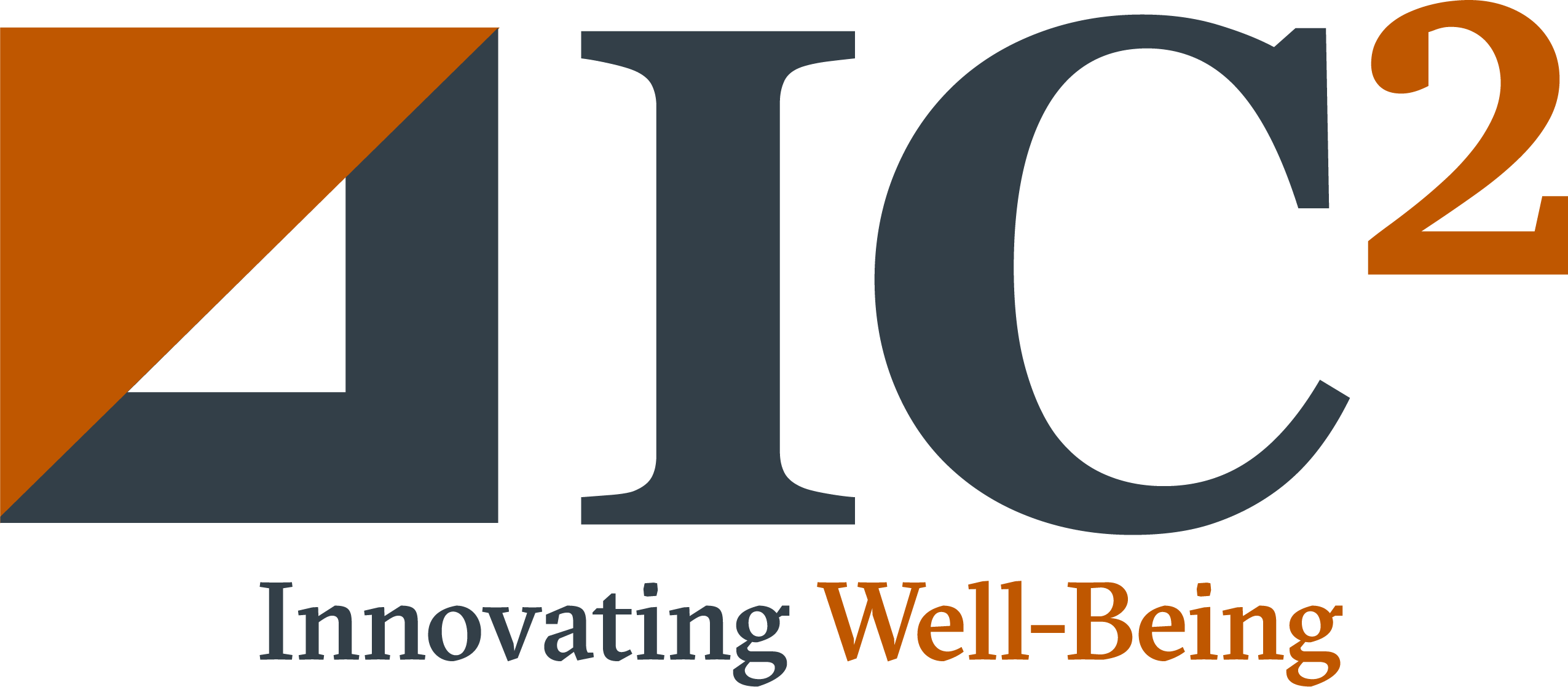Background. Early-stage accelerator programs teach new entrepreneurs how to identify and exploit venture opportunities. In doing so, they implicitly teach these new entrepreneurs how to develop and iterate claims. But since this function of teaching persuasion has been implicit and generally unsystematic, it’s unclear how well it works.
Literature Review. We review related literature on the venture development process, value propositions, and logic orientation (Goods-Dominant vs. Service-Dominant Logic).
Research Questions. Does an entrepreneurship training program implicitly teach new entrepreneurs to make and iterate persuasive claims? How effectively does it do this, and how can it improve?
Research Methodology. We examine one such accelerator program via a qualitative case study. In this case study, we collected interviews, observations, and artifacts, then analyzed them with thematic coding.
Results/Discussion. All teams had received previous entrepreneurship training and mentoring. However, they differed in their problem and logic orientations as well as their stage in the venture development process. These differences related to the extent to which they iterated value propositions in the program.
Conclusions. We conclude with recommendations for improving how accelerator programs can better train new entrepreneurs to communicate and persuade.

